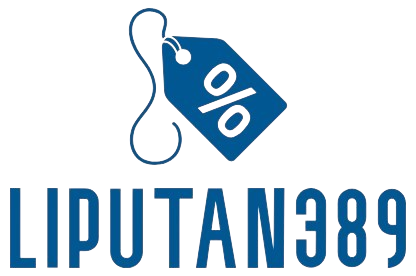PhotobyMeet Superbowl ad/ YouTube
Amazon and Walmart have been the top dogs for online shopping for years. Now a new platform backed by a multinational e-commerce group has quickly eclipsed them as the top downloaded app in the US.
You may have seen their advertisement during the Super Bowl.
Temu, based in Boston and owned by the same Nasdaq-listed multinational commerce group as Pinduoduo aired a Super Bowl commercial for consumers to “shop like a billionaire.”
Temu’s business model: ‘shop like a billionaire’ at a fraction of the price
According to California Business Journal:
“Besides Temu, PDD Holdings also owns and operates Pinduoduo, a popular social commerce platform that is based in Shanghai, China. Though Temu and Pinduoduo are sister companies, Temu and Pinduoduo are separate companies with the same parent, PDD Holdings.”
Temu’s business model potentially takes on the likes of AliExpress, Wish, and Shein. The app lets customers choose virtually everything from home furniture to electronics at very low prices. Temu’s in-app flash discounts of up to 89% off attract new customers.
Since its launch late last year, it has been downloaded more than 4,000,000 times.
That’s more than twice as many downloads as Amazon’s Alexa voice assistant (2 million) and nearly three times as many as Walmart’s mobile app (1.5 million).
Temu’s growth trajectory: plans for expansion
The company has been incredibly successful in attracting new customers with in-app flash discounts of up to 89% off, which could explain the rapid expansion of its user base.
The company’s success has prompted its owners to consider further expansion plans. According to a report by CNN, Temu intends to grow in Canada, adding to its already impressive growth trajectory.
Temu’s future: A credible threat to Amazon and Walmart?
It needs to be clarified how Temu plans to maintain its momentum and market dominance while expanding its presence in new countries. According to Juozas Kaziukėnas in MIT Technology Review, who founded the e-commerce analyst firm Pulse Marketplaces:
“I believe it’s driven almost exclusively by ads because I’m seeing relatively no mentions of Temu on social media. That makes me believe that there’s very little organic recognition of the brand yet.”
However, with a parent company such as PDD Holdings, Temu has access to a vast network of resources and potential customers.
When talking about sensitive information such as credit cards, is Temu safe to use? According to Digital Trends:
“There’s been a fair amount of skepticism aimed at Temu, which is completely natural. Any time an app deals with sensitive information — like your credit card numbers and home address — it’s good to have some trepidation. However, concerns regarding Temu’s legitimacy are easily put to rest.Although new, the app is backed by PDD Holdings Inc., a multibillion-dollar company that has many years of global commerce experience.”
Final thoughts
The shopping platform’s meteoric rise to the top of the US app download charts should not be taken lightly, as it presents a formidable challenge to traditional e-commerce giants.
The question remains, will Temu sustain its growth and pose a credible future threat to Amazon and Walmart? Only time will tell.
*Corrections made on 2 March to note “PDD Holdings Inc, a multinational commerce group that owns and operates a portfolio of businesses globally, including Temu in the US and Canada and Pinduoduo, the social commerce app in China. Although PDD Holdings owns Pinduoduo in China, PDD Holdings itself is not a Chinese e-commerce company.” It launched in Canada and went live on February 16 (tweets)
What do you think about this?
Share your honest thoughts on this topic by leaving a comment below, and let your friends and family know about it through social media.
Disclaimer: For educational and informational purposes only. This article got written using accredited media reports. Advice Disclaimer: The article and the information contained herein are not intended to be a source of advice.
